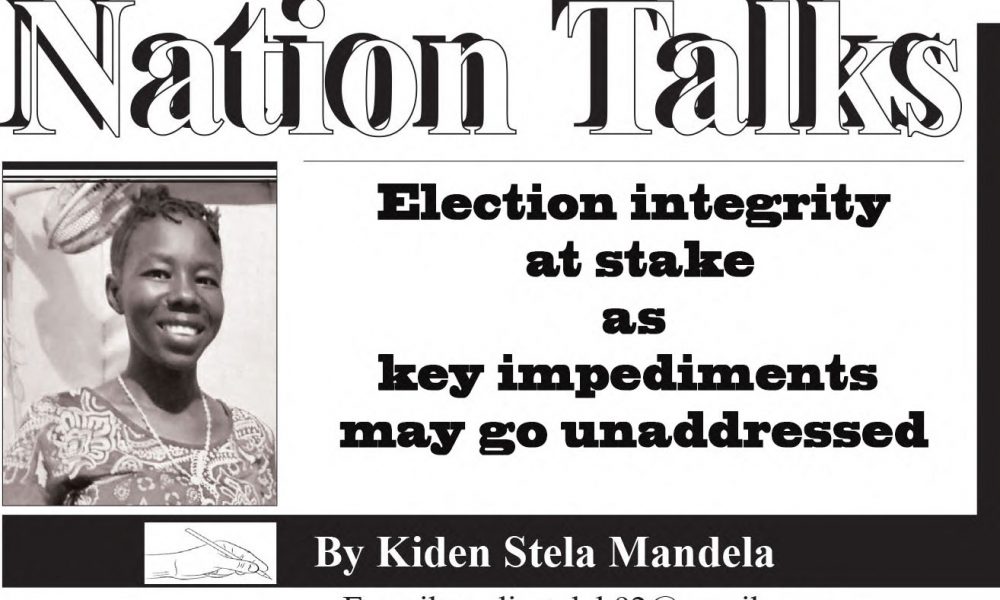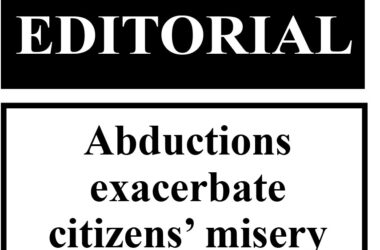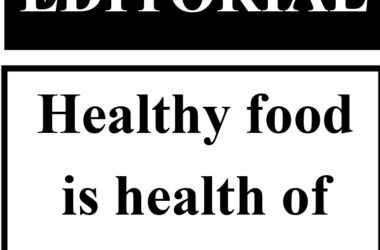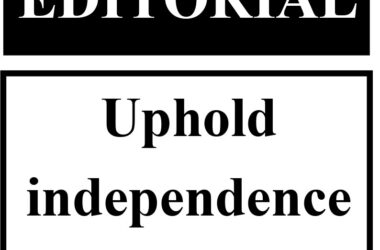As the status of transition is yet to be determined, with election conduct as the last card to be played; key impediments to election integrity are not being taken into consideration by the political actors, institutions, and the stakeholders responsible for overseeing the transition to democracy in South Sudan. The election legal framework still maneuvers in parliament for reviews and deliberations, but key ingredients to building public confidence in the conduct and acceptance of election results remain largely unsupported.
There are priorities that are supposed to be implemented alongside other activities around or responsible for transitioning from the current status quo. As the peace agreement was reached and is still being implemented, effort must have been also included, first to strengthen the rule of law which covers the judicial system reform to ensure its competence, independence, and institution infrastructure development to discharge its functions, security sector reform, (the police and other law enforcement agencies capacity building, including empowerment of public prosecutor offices across the country), so that to be able to administer both electoral justice, and human rights protection for every citizen. But the rule of law is being paralyzed by political malpractices by our leaders.
The second must have been building a competent election management institution or body including instituting a clear mandate, and terms and conditions for the appointment of the body’s chairperson with clearly defined parameters of oversight institutions over the election body. This is supposed to come as a result of political consensus after inputs from civil society groups, concerned citizens, academia, and expertise from both regional and international electoral professionals. However, little has been seen in regard to that, as such, public confidence in the election integrity if it is going to be conducted may not be attained.
The third thing to follow the checklist is the creation of an environment that fosters multiparty practices and upholds the independence of public institutions to safeguard and protect democratic principles. However, as things stand currently nothing has materialized.
The fourth is lack of transparency in financing political activities and movements which may temper with regulations by a party that has bureaucracy advantage because of being a ruling party.
Finally, the international standards responsible for promoting, protecting, and upholding election integrity may not be adopted or respected by political players who want to cheat their power.
Since the country’s conflicts came as a result of a power struggle among the political players, there still exist tendencies to take or maintain power by disrespecting and manipulating legal frameworks to achieve the same power.
Such an act is not good for the country and our leaders must do things responsibly, and constitutionally to be in power.




